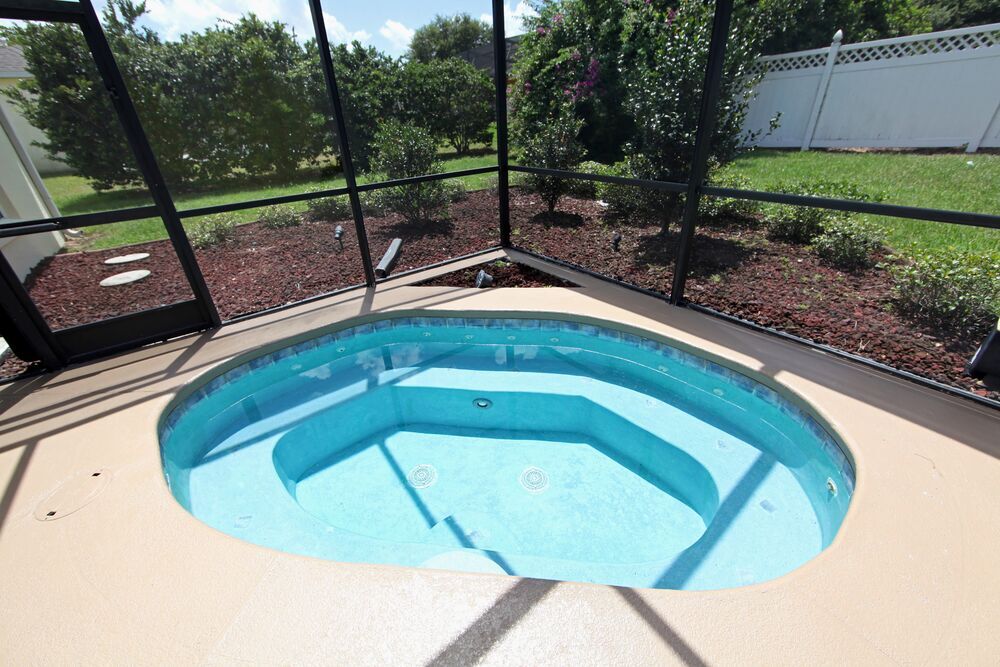A pool renovation company says, most people don’t realize it, but the average pool is filled with metals to a greater and lesser degree. These metals find their way into the water supply from the soil and stones out in nature, and can also get into the pool via the decking, and from fertilizers used for your lawn.
While these metals generally aren’t harmful, they can wreak havoc on your pool’s liner, surfaces, and filtration system.
In this article, we look at the types of metals commonly found in the average pool and how to dispose of them.

Copper
Copper is one of the more common metals found in pool water, and green and black stains signal its presence on the liner. Copper in the pool plumbing can also leak into the water once that plumbing begins to corrode.
You can purchase test kits that will detect copper, and once you have a positive reading, you can get rid of it by using a metal sequestrant or a metal trap filter, both of which can remove copper and other debris.
Iron
Iron is also a common metal found in the average pool and is responsible for turning the water a murky brown. People who use well water usually have a high concentration of iron in their water. Again, as with copper, you can purchase test kits to test for iron. If you get a positive reading, you can remove the iron via a sequestant and other filter devices.
Calcium
If you’ve ever noticed scaly buildup around your shower heads or faucets, then you’re familiar with calcium or hard water. Hard water is the result of having too much magnesium and calcium and is common in many municipal water supplies. Hard water causes buildup in your filtration system and turns your water cloudy. Low calcium, on the other hand, causes the grout to dissolve and pitting in your concrete.
The trick with calcium is to maintain a balance, and you can do that by draining out some pool water if you have high levels and fill it backup with soft water. If it’s too low, you can easily add calcium chloride to raise it to an acceptable level.
When To Call a Pro
While most metals are easily removed with filtration devices or water changes, there are some instances when you want to call in a professional to help. Some metals require the use of special chemicals such as sulphuric acid and sodium bisulfate to get rid of. Furthermore, some metals cause stains to the pool’s liner that require the help of a professional pool resurfacing service to remove.
Also, while test kits and metal removal solutions are generally straightforward and easy to execute, you can make matters worse if you’re not careful or if you don’t know what you’re doing. A pool is an expensive investment, and you’re better off calling in for professional help if you’re unsure of what to do.